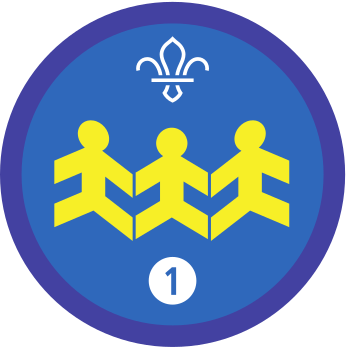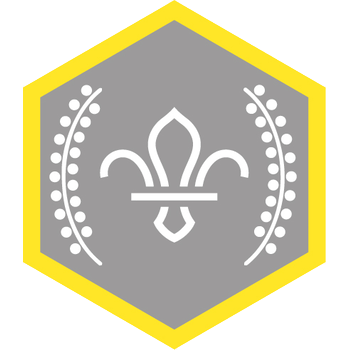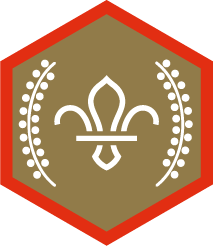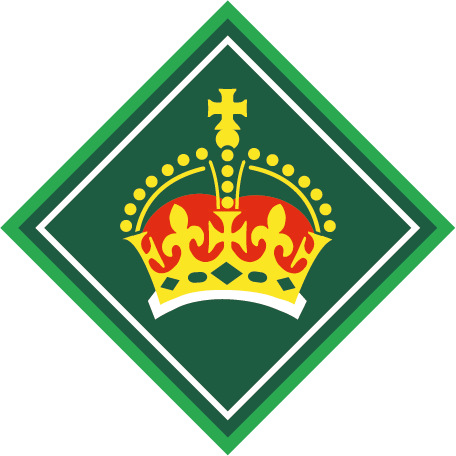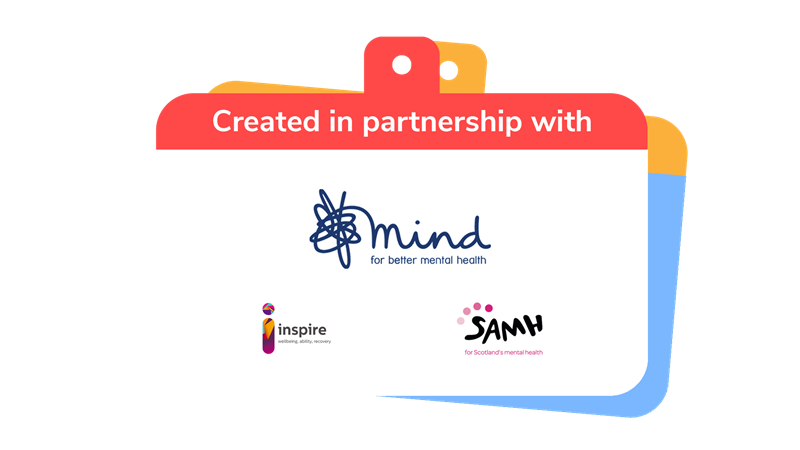
Better mental health bingo
You’ll need
- Copies of the better mental health bingo card
- Copies of the better mental health for all script
- Pencils
- Rubbers
Before you begin
- The person leading the activity should give out the ‘Better mental health bingo’ cards and pencils. Everyone will need one of each.
Run the activity
- Have a chat with everyone about mental health. Then have a look at the twelve squares on the bingo card one-by-one, asking the group how important the activity in the square is to them. Find out which of these activities makes them feel better when they are unhappy.
- Ask everyone in the group to write down the three activities from the bingo card that help them the most when they are struggling. They can write these on the back of their bingo card. They shouldn’t tell one another which squares they’ve chosen just yet.
- The person leading the activity should explain how each square represents a way to cope for someone struggling with their mental health.
- Everyone should now take their mental health bingo cards around the room and ask one another what their favourite coping strategy is. They should ask three questions about the strategy the other person has chosen (e.g. for ‘Read a book’ – ‘What’s it called?’ ‘Who wrote it?’ ‘How does it help you cope?’). Once the three questions have been answered, the box with that strategy on the bingo card can be ticked. The first person to get a line of ticked boxes (upwards or across) must shout ‘Bingo!’
- If no one gets a ‘bingo’ in this game, repeat the game, but have everyone say their second favourite coping strategy of the three instead. If no one gets a bingo again, repeat the game with the third favourite coping strategy. If there are an odd number of players in the group, the person leading the activity should join in.
- The person leading the activity should give out the ‘Better mental health for all’ scripts for the group to read and take away with them.
- Volunteer locally - Giving back to your community can not only help you to feel good, it also helps others. Volunteering at your local charity to give back is an excellent form of self-care.
- Do some exercise – Mental health is just as important as staying fit. Getting outside and doing some exercise can be very beneficial for our mental health and wellbeing too.
- Read a book - this can be helpful as a distraction technique.
- Get a good night’s sleep – not getting a good night’s sleep can make you feel tired and mean that you find it more difficult to cope with daily life. This can have a negative impact on your mental health and wellbeing if it goes on for a long period of time.
- Treat yourself – buying something you like may help you to feel better.
- Manage the time you spend online – It’s important to find a balance between being online and offline for your mental health and wellbeing. If you feel distant from those around you, or that being online is stopping you from getting other things done, then it might be time to take a break and switch off your devices for a while.
- Spend time with friends – whether you are going to see the latest film in the cinema or you are just having a catch-up, spending time and talking with friends can really help your mental health
- Listen to music – this can help you to relax, and can be an effective distraction technique.
- Eat a healthy and balanced diet – as well as affecting our physical health, what we eat affects the way we feel. Eating a healthy and balanced diet can help to improve your mood, gives you more energy and help you think clearly.
- Practice mindfulness – mindfulness is a technique you can learn, which involves making a special effort to notice what’s happening in the present moment (in your mind, body and surroundings) without judging anything. It aims to help you be more self-aware, calmer and less stressed, feel more able to choose how to respond to your thoughts and feelings, and to cope with difficult and unhelpful thoughts.
- Spend time in nature – spending time in green space or bringing nature into your everyday life can benefit both your mental and physical wellbeing. Some things you can do to get outside more are growing your own food or flowers, or exercising outdoors.
- Watch a film or TV show – this can be a helpful distraction when things are changing around you.

This activity helps contribute towards some of the UN's Sustainable Development Goals. Find out more about the SDGs, and how Scouts across the world are getting involved.
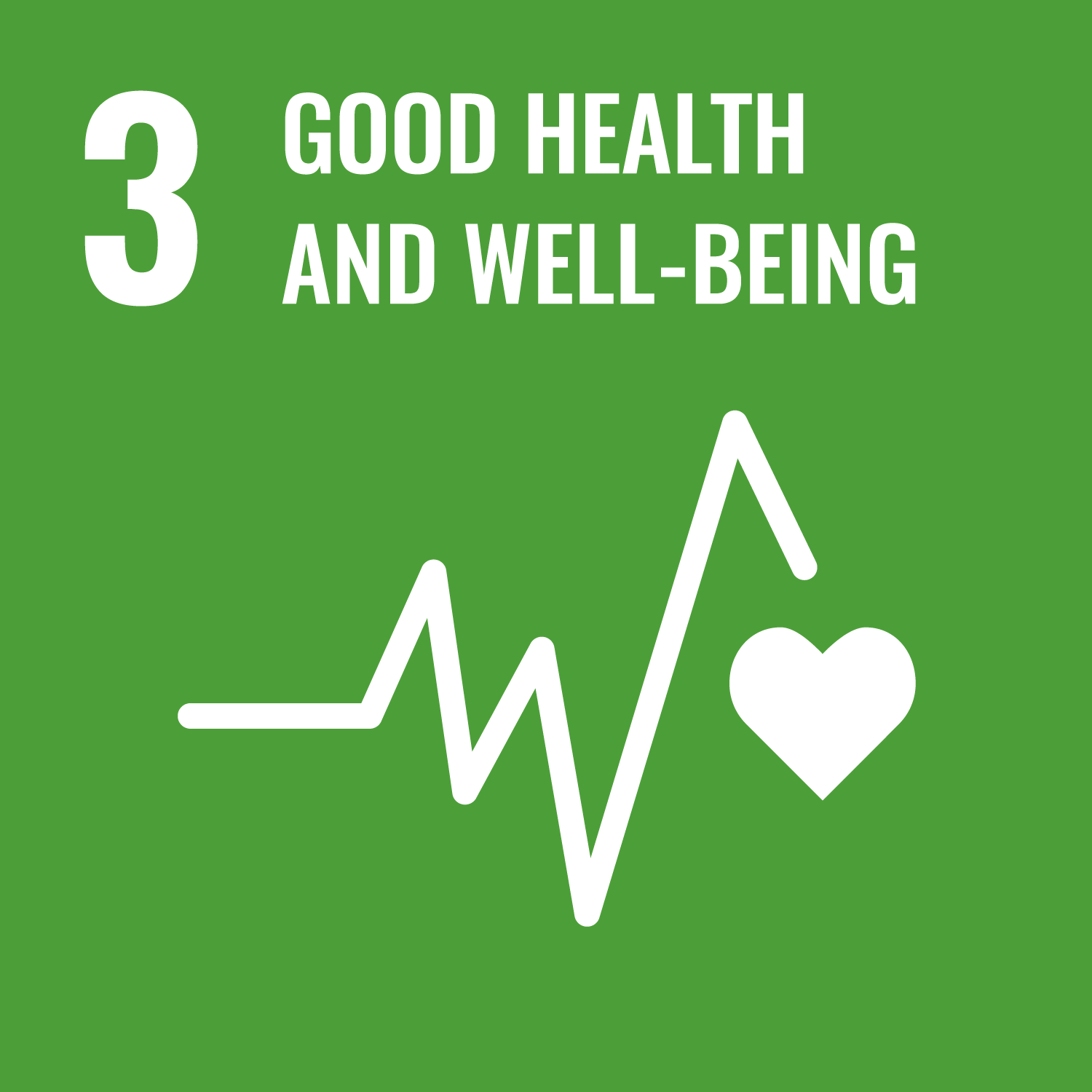
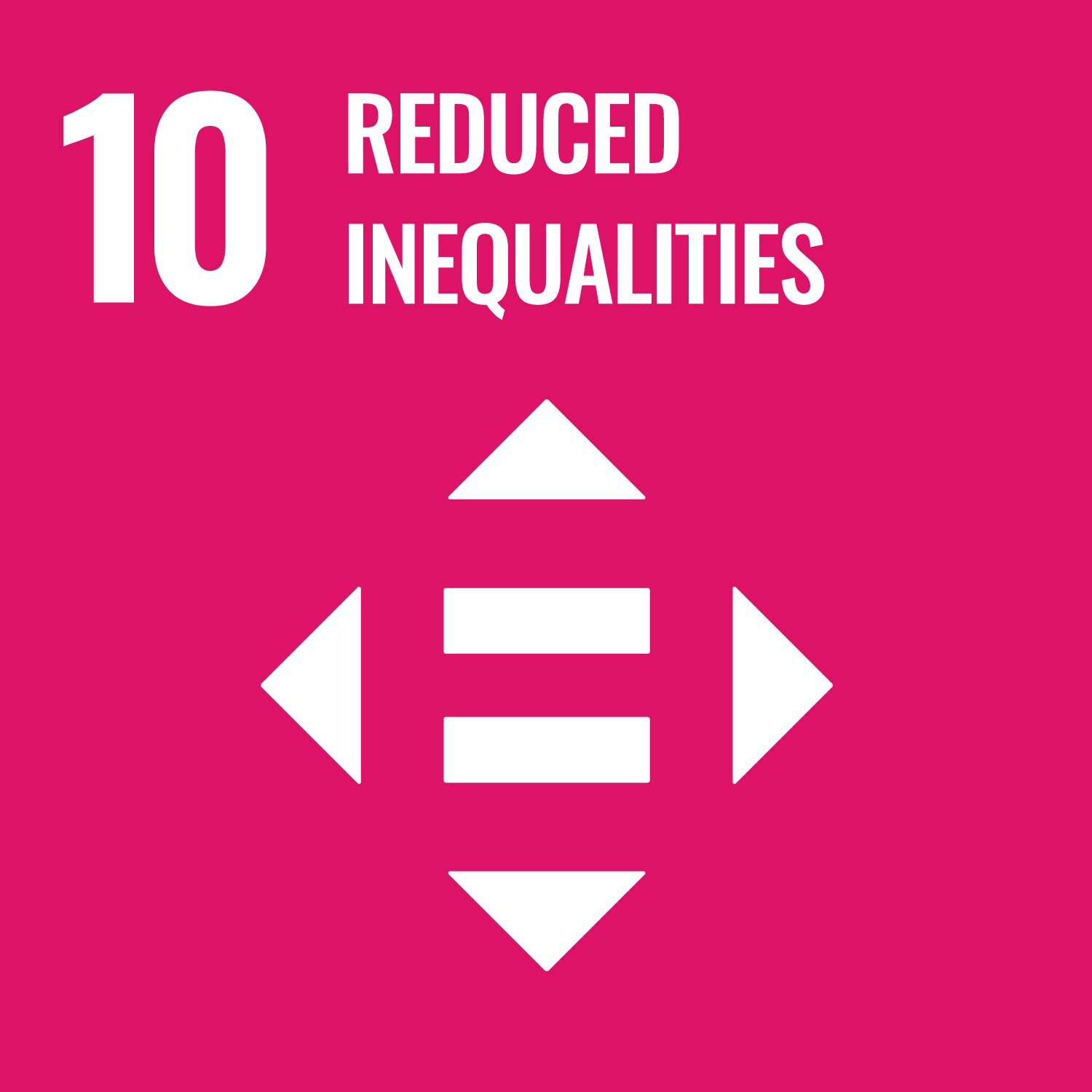
Reflection
The group has played a game of bingo using some mental health coping strategies. Was it difficult to get a line of ticked boxes? How many people did they have to talk to, to get the answers they needed? Which coping strategies were the most popular in the group?
Everyone should have found out some new ways that they can help themselves when they are struggling to cope or some useful advice that they can pass on to a friend in need. Ask the group how they think the coping strategies work. What did they discover from asking the questions in the game? Will anyone use a coping strategy that they just heard about from someone else in the group?
Safety
All activities must be safely managed. You must complete a thorough risk assessment and take appropriate steps to reduce risk. Use the safety checklist to help you plan and risk assess your activity. Always get approval for the activity, and have suitable supervision and an InTouch process.
This might be the first time that a person has explored the issue of mental health or thought about speaking with someone about this. If anyone shares their own mental health problems, let them know they can talk to you afterwards and that Childline offers free confidential counselling 24 hours a day. They can call on 0800 1111 or go online to chat one-to-one with a counsellor at: childline.org.uk/get-support/
Bingo fans may wish to play for two lines of ticked boxes or even the whole card. The person leading the activity should listen in on the questions and offer advice on who to go to for a new square to anyone who is struggling.
Make it accessible
All Scout activities should be inclusive and accessible.
Host a mental wellbeing evening and invite members of the community to join your group. Everyone could participate in a game of mental health bingo or the activities for coping (e.g. practising mindfulness or playing a game).
Discover more at https://www.mind.org.uk/
